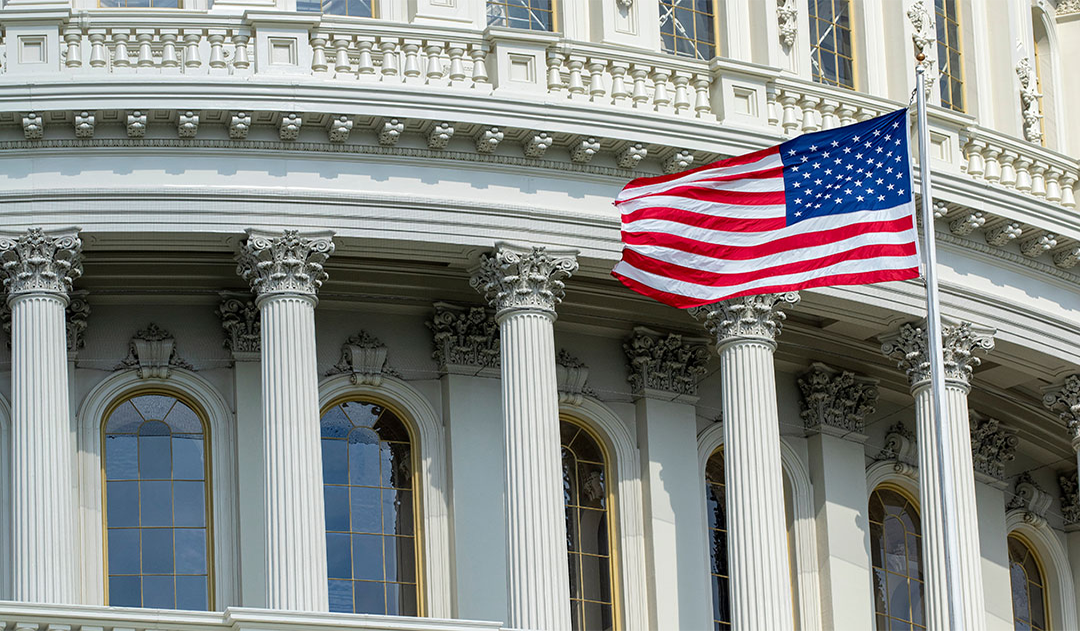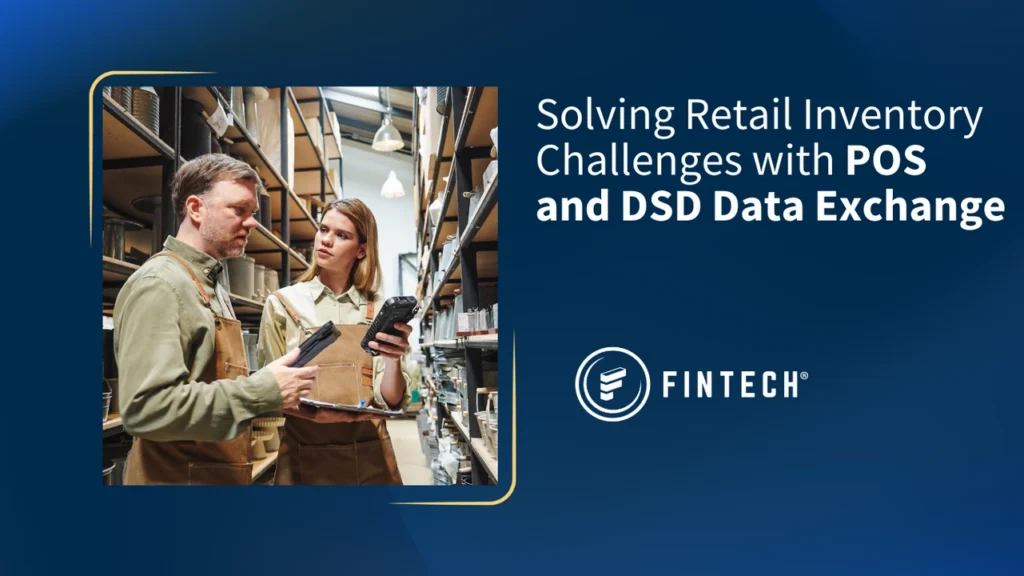
This Guest Blog is written by Richard Blau, Chair of the Nationwide Alcohol Industry Group at Grey Robinson, Attorneys at Law
The push for permanently removing the onerous retaliatory tariffs currently imposed against alcohol beverages marketed between the United States and the European Union continues. 88 U.S. and EU trade associations representing a wide range of industries impacted by retaliatory tariffs, including the Wine Institute, the National Association of Beverage Importers (NABI) and the Distilled Spirits Council of the United States, as well as spiritsEUROPE, The European Committee of Wine Companies (CEEV) and The Fédération des Exportateurs de Vins & Spiritueux de France, together sent a formal letter to President Joseph Biden and European Commission President Ursula von de Leyen. The joint letter urged the governing executives to permanently remove existing retaliatory tariffs on sectors unrelated to the ongoing Trans-Atlantic trade disputes regarding airline subsidies, steel & aluminum disputes, and digital services taxes.
Since 2018, unrelated industries, suppliers, and supply chains – including alcohol beverage, and food industries – have been negatively impacted by the threat or actual imposition of retaliatory tariffs ranging from 25% to 100%. The alcohol tariffs stem from a 16-year trade dispute between the Boeing Corporation and EU airplane manufacturer Airbus over aerospace subsidies. Boeing has pursued litigation for years fighting European loans and subsidies that it says give its European rival an unfair trade advantage. Boeing’s pursuit won favor from the Trump administration. As a retaliation for the Airbus subsidies, the U.S. received approval from the World Trade Organization (WTO) in October of 2019 to impose $7.5 billion in annual tariffs on EU goods. However, the WTO subsequently ruled that Boeing also benefitted from unfair tax advantages granted by Washington State (where Boeing is based). In September of 2020, during the worst of the COVID-19 pandemic, the WTO authorized EU tariffs on $4 billion in U.S. goods, including a broad range of American wines and spirits.
In December of 2020, the Trump Administration announced plans for additional tariffs on alcohol, starting in January of 2021, including certain non-sparkling wines, cognacs, and other grape brandies, along with aircraft manufacturing parts, from France and Germany. The increase in tariffs was justified as necessary to account for the EU’s use of “drastically reduced” COVID-19 era trade volume data, rather than prior year’s data, to formulate tariffs on U.S. goods.
Had they come into being, these increasing tariffs would have wreaked further havoc on America’s alcohol industry. Retaliatory tariffs are bad for producers and manufacturers, their distribution partners, importers and consumers, and all the sectors and jobs that rely on this economic activity. American industry and American consumers ultimately pay the price for the tariffs, which were estimated to amount to about a $1 increase for each 750 ml bottle of wine.
Fortunately, positive changes appear to be developing. When incoming President Joe Biden nominated Katherine Tai to become the United States Trade Representative (USTR), she inherited the ongoing tariffs as well as a series of half-finished investigations undertaken by the Trump administration. Now that Tai has been confirmed and officially assumed office, she appears to be working towards a “ceasefire” between the US, the EU, and the United Kingdom to reduce trade tensions. This signals hope that the alcohol beverage tariffs may be slated for reduction and eventual removal. As emphasized in her “day one” message to USTR staff, these developments are consistent with Ambassador Tai’s goal of rebuilding US alliances while continuing to address the challenges posed by China and other countries.
Backing their conciliatory words with deeds, the U.S. and the EU agreed on March 5, 2021, to a four-month ceasefire against further increases to existing retaliatory tariffs on wine and spirits. The U.S. simultaneously also suspended tariffs on items from the UK, including Scotch, which were also part of the civil aviation trade dispute. Now, the hope of manufacturers across the alcohol industry is that these punitive trade tariffs can be dropped for good.






